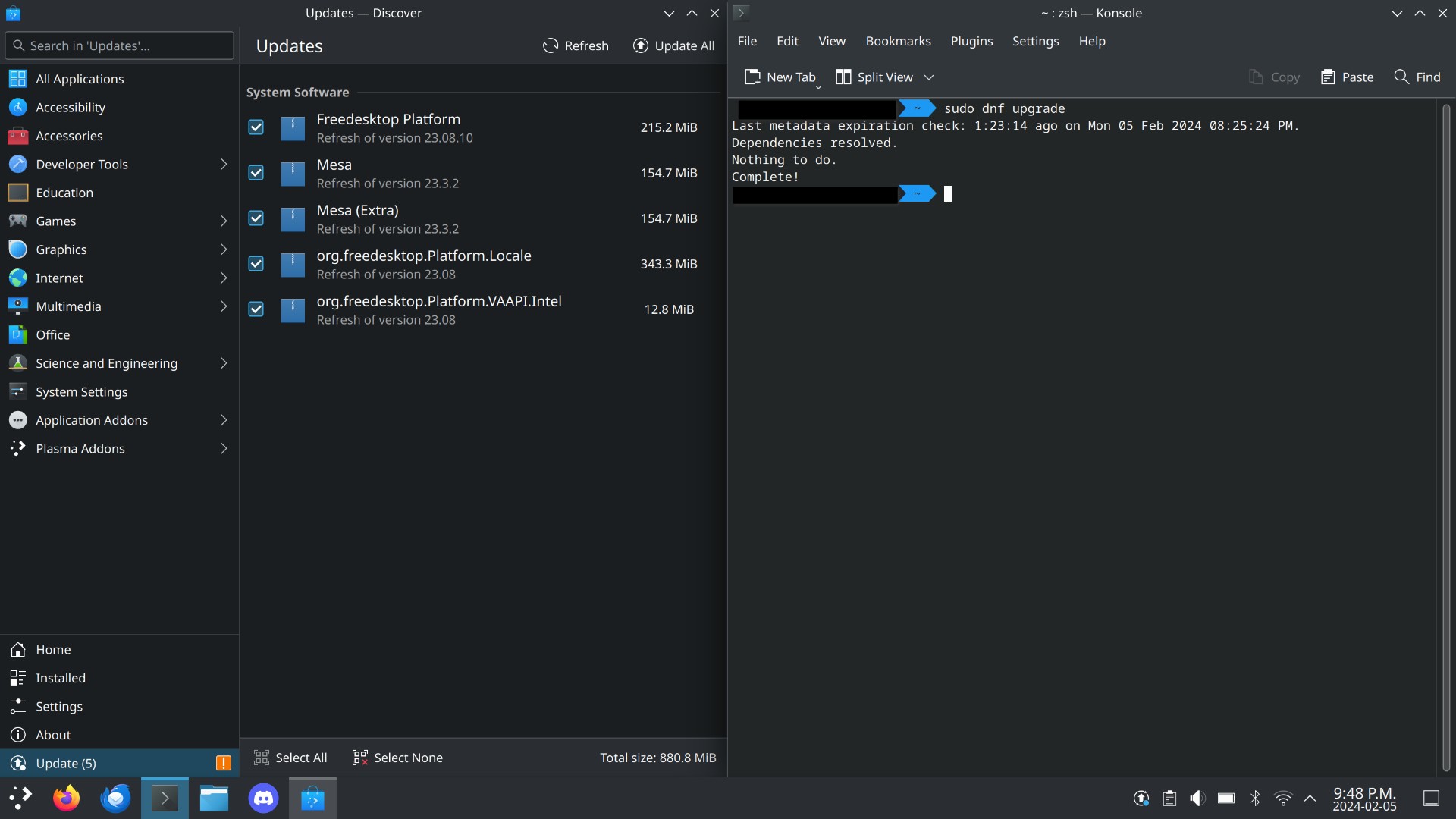81
you are viewing a single comment's thread
view the rest of the comments
view the rest of the comments
this post was submitted on 06 Feb 2024
81 points (90.1% liked)
Linux
48727 readers
981 users here now
From Wikipedia, the free encyclopedia
Linux is a family of open source Unix-like operating systems based on the Linux kernel, an operating system kernel first released on September 17, 1991 by Linus Torvalds. Linux is typically packaged in a Linux distribution (or distro for short).
Distributions include the Linux kernel and supporting system software and libraries, many of which are provided by the GNU Project. Many Linux distributions use the word "Linux" in their name, but the Free Software Foundation uses the name GNU/Linux to emphasize the importance of GNU software, causing some controversy.
Rules
- Posts must be relevant to operating systems running the Linux kernel. GNU/Linux or otherwise.
- No misinformation
- No NSFW content
- No hate speech, bigotry, etc
Related Communities
Community icon by Alpár-Etele Méder, licensed under CC BY 3.0
founded 5 years ago
MODERATORS

@heartsofwar @UntouchedWagons
I use Discover on Debian testing and Arch, never once did it force me to restart on Arch, but on Debian it would say it is recommended.
I don't think that's forcing me to restart, so I guess Fedora does that differently. 🤔
AFAIK no distro forces you to reboot, but they all require it for some updates to take effect. You can't reload the kernel while the system is running.
Fedora just makes that clearer to the user by only installing those updates when they're going to be active - after a reboot. I think it also blocks new system updates until the current set is completely finished.
You can disable offline updates in the system settings, but I think they're a good idea, especially for the average user.
I agree that packagekit is annoying and I just have automatic updates in the background using
flatpak update -yandrpm-ostree update.